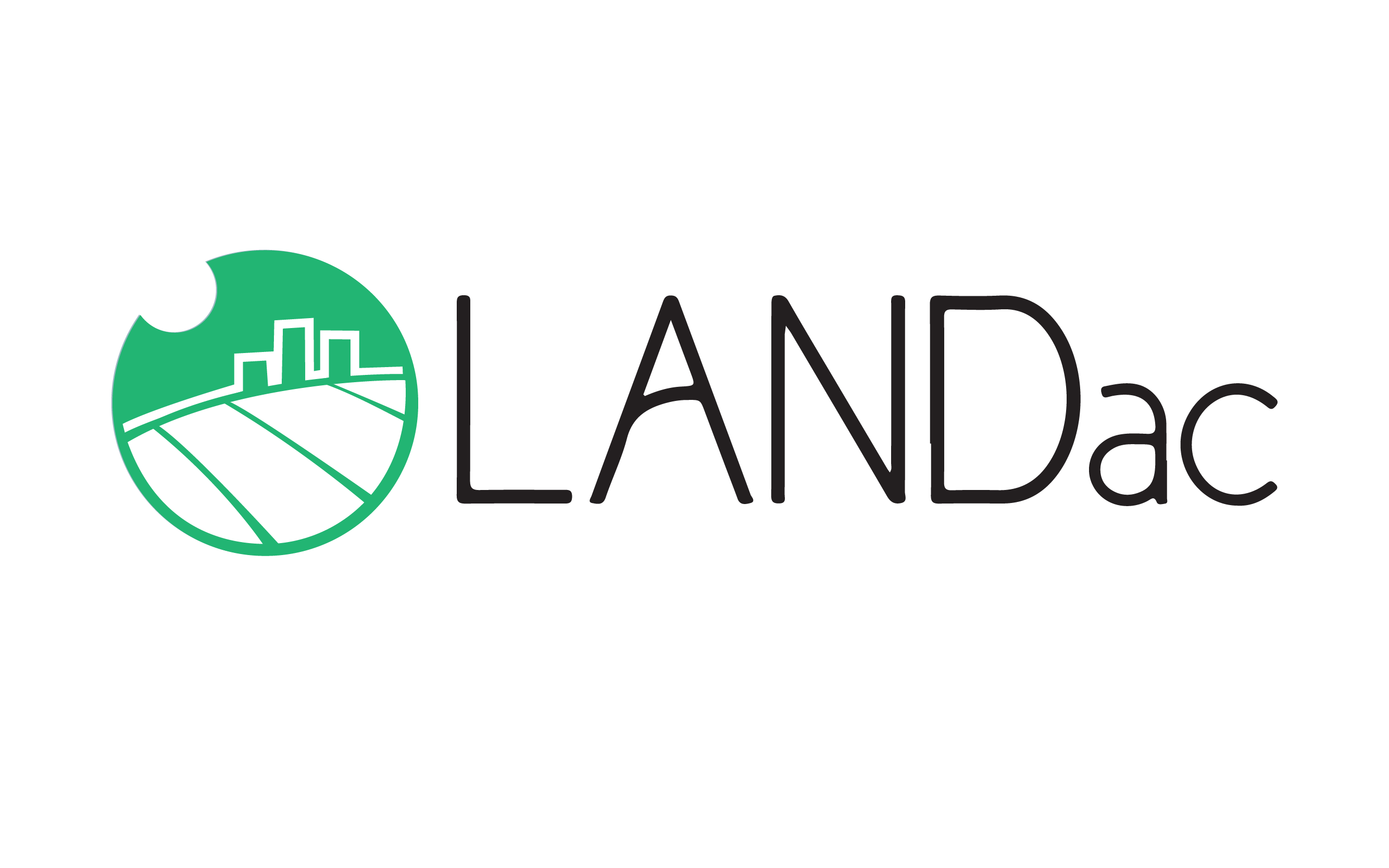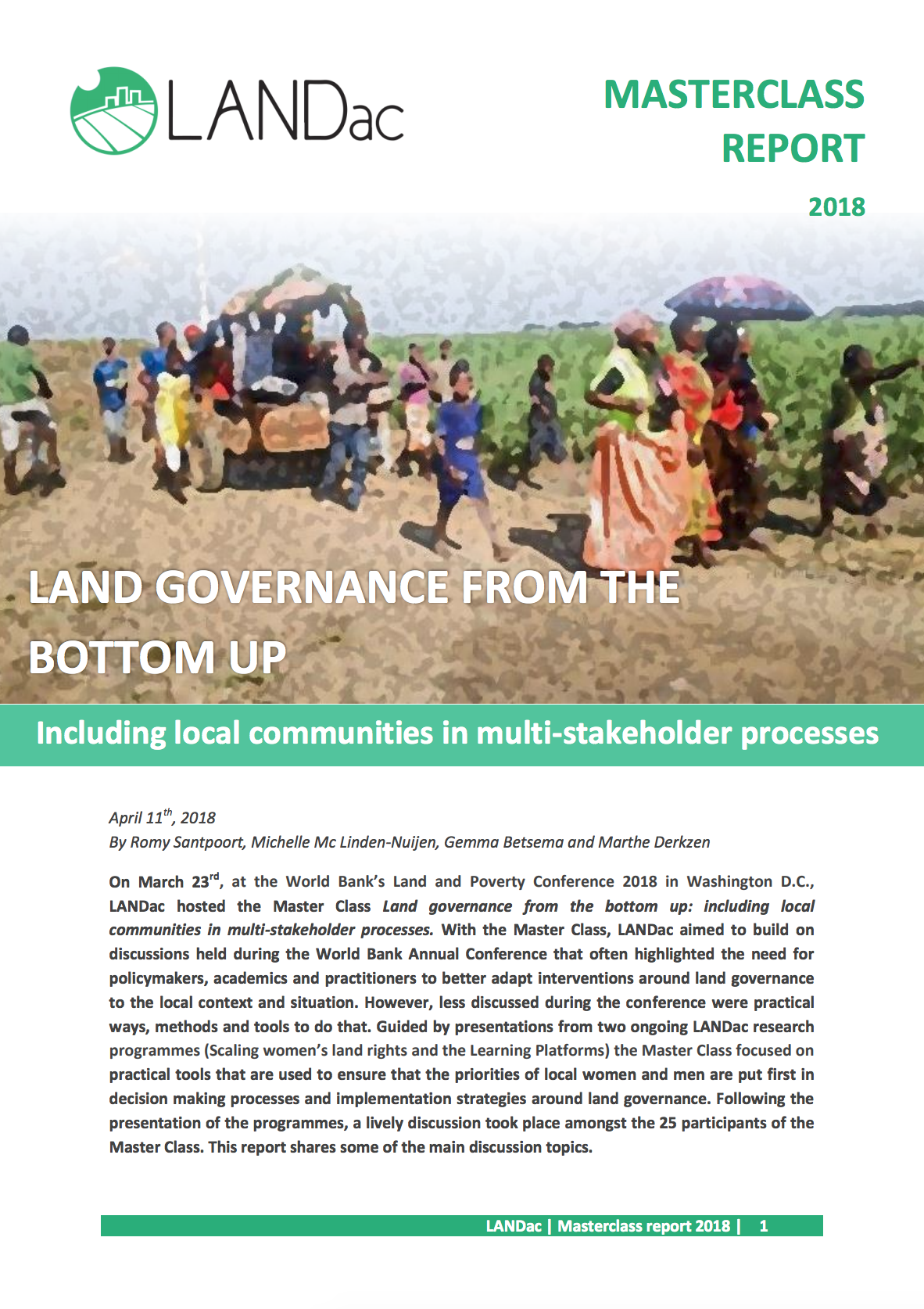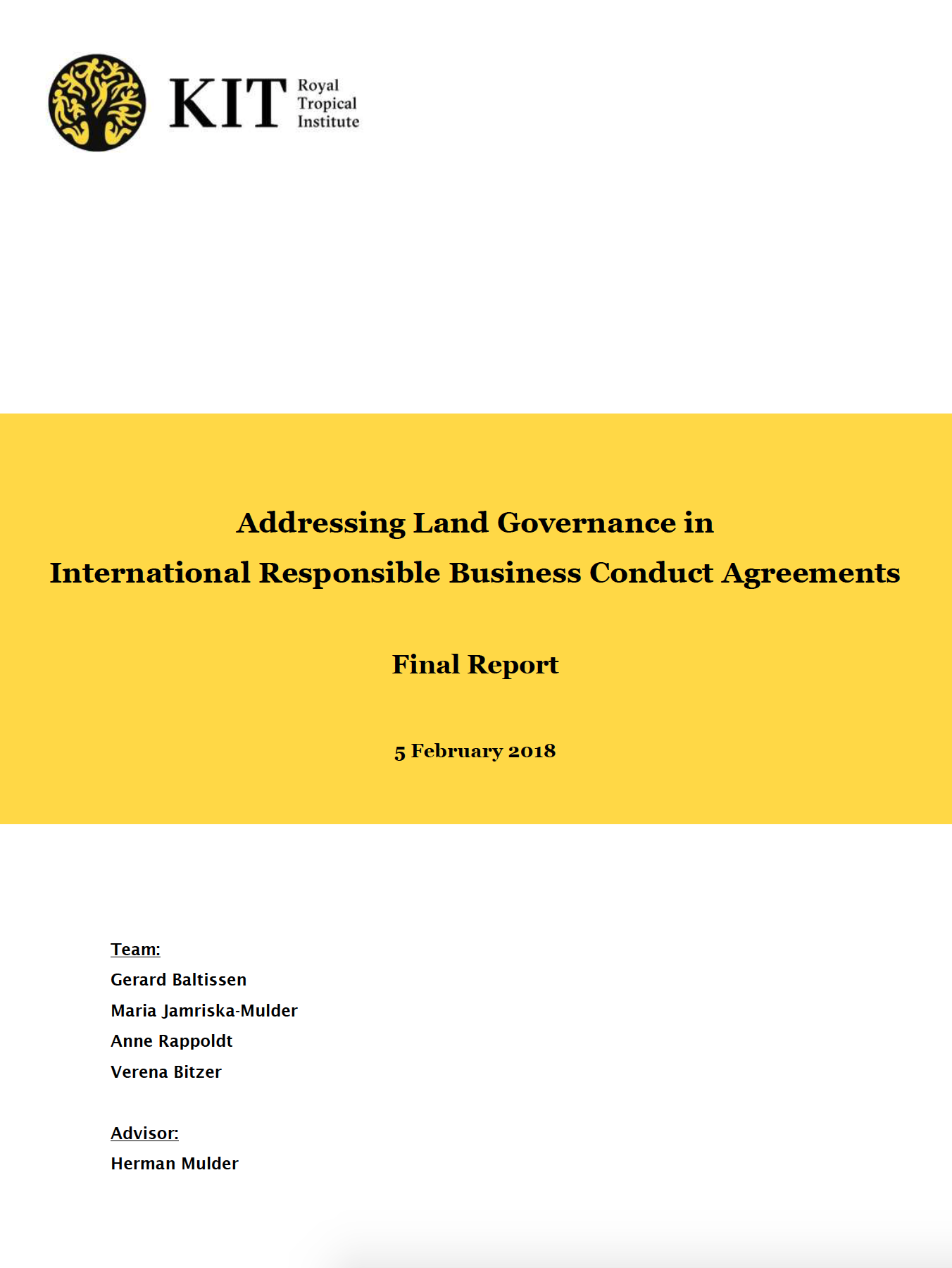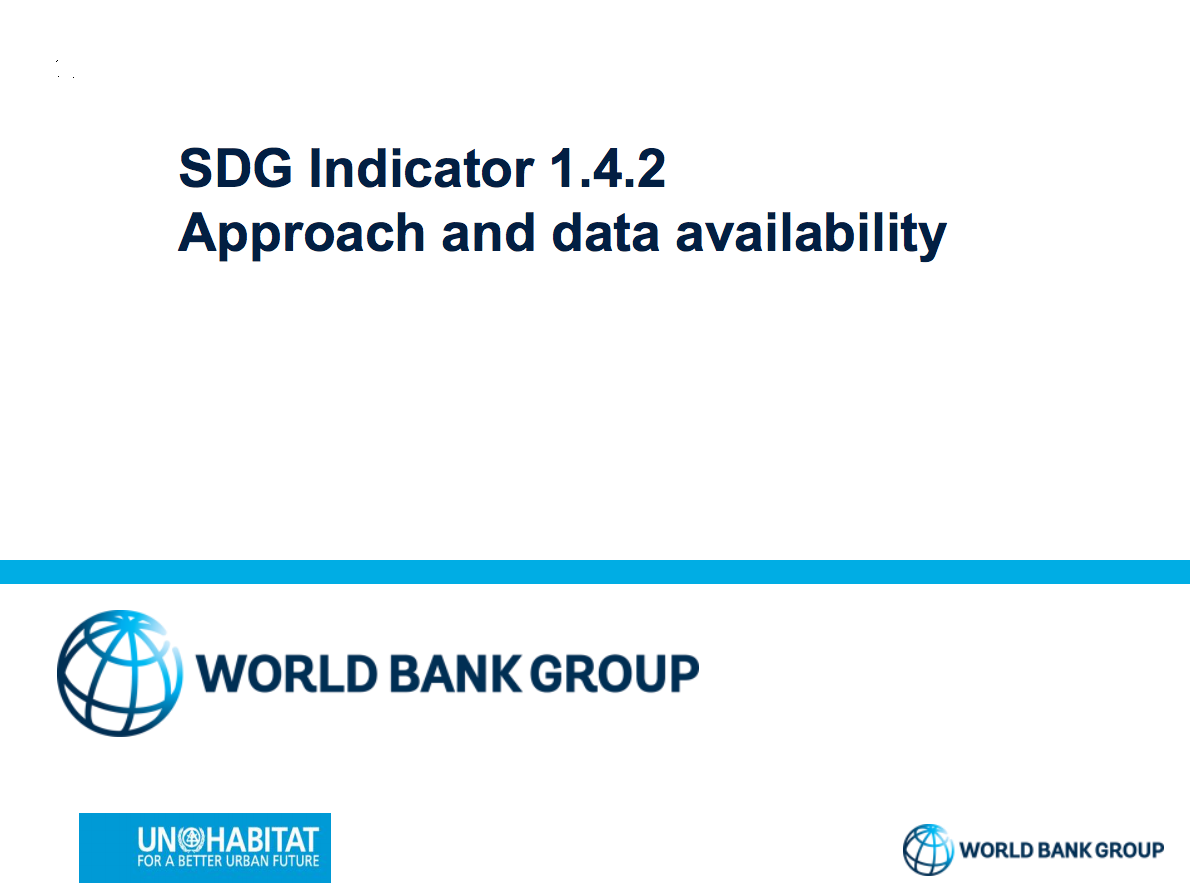Location
LANDac, the Netherlands Academie on Land Governance for Equitable and Sustainable Development, is a partnership between Dutch organizations working on land governance. The partners are the International Development Studies (IDS) group at Utrecht University (leading partner), African Studies Centre, Agriterra, the Sociology of Development and Change (SDC) group at Wageningen University, the Land Portal Foundation, HIVOS, the Royal Tropical Institute (KIT), the Netherlands Ministry of Foreign Affairs, and Enclude Solutions. LANDac is one of the IS-Academies, a series of programs sponsored by the Ministry of Foreign Affairs, to improve and strengthen linkages between academia and development practitioners in the field of international cooperation (IS Academies for International Cooperation)
LANDac aims at bringing together researchers, policy makers and development practitioners in the field of land governance and development. The LANDac network conducts research, brings together actors and distributes information, focusing on new pressures and competing claims on land and natural resources. LANDac studies the impact of large-scale land deals in agriculture for food production andf biofuels, urbanization, tourism; and the role of land laws, reforms, regulations, and voluntary guidelines and principles, in dealing with new pressures. LANDac has six PhD research projects and several related PhDs; moreover, 17 short-term research projects have been carried out in collaboration with Southern partners.
Mission
LANDac, the IS Academy on Land Governance for Equitable and Sustainable Development, aims at bringing together researchers, policy makers and practitioners in the field of land governance and development.
Land Governance for Equitable and Sustainable Development
LANDac is a partnership between several Dutch organisations and their Southern partners involved in development-related research, policy and practice. The partners share a concern for increasing land inequality and new land-related conflicts, and how land governance – rules and practices on access to land – can be used to promote equitable and sustainable development in the Global South.
LANDac is one of the IS Academies for International Cooperation sponsored by the Netherlands Ministry of Foreign Affairs.
Resources
Displaying 16 - 20 of 33Learning Platforms for land-based investments in Tanzania, Mozambique and Uganda
The Netherlands Land Academy (LANDac), the Food & Business Knowledge Platform, CIFOR and Shared Value Foundation (SVF) jointly set out in 2017 to design and implement 3 multi-stakeholder Learning Platforms around investment hubs in Mozambique (the Beira Corridor), Tanzania (Kilombero Valley) and Uganda (the Jinja-Kampala Corridor). Land-based investments have shown that deals often lead to conflicts between investors and local populations, which negatively effects local livelihoods and food security.
Land Governance From The Bottom Up
On March 23rd, at the World Bank’s Land and Poverty Conference 2018 in Washington D.C., LANDac hosted the Master Class Land governance from the bottom up: including local communities in multi-stakeholder processes. With the Master Class, LANDac aimed to build on discussions held during the World Bank Annual Conference that often highlighted the need for policymakers, academics and practitioners to better adapt interventions around land governance to the local context and situation. However, less discussed during the conference were practical ways, methods and tools to do that.
Addressing Land Governance in International Responsible Business Conduct Agreements
The study was commissioned to the KIT Royal Tropical Institute in July 2017 by the Land Dialogue, with financial support from the Dutch Government. The objective is to provide insight and guidance into the relevance of land governance as a possible priority theme t o be considered in the process of the International Responsible Business Conduct (IRBC) Agreements.
SDG Indicator 1.4.2: Approach and data availability
Presentation at the LandAc conference in June 2017, by Thea Hilhorst, representative of the World Bank, custodian agency of the development of SDG indicator 1.4.2.
Thea Hilhorst presents the approach to measuring this indicator and the available data that can be used.
SDG Indicator 1.4.2: Approach and data availability
Presentation at the LandAc conference in June 2017, by Thea Hilhorst, representative of the World Bank, custodian agency of the development of SDG indicator 1.4.2.
Thea Hilhorst presents the approach to measuring this indicator and the available data that can be used.






